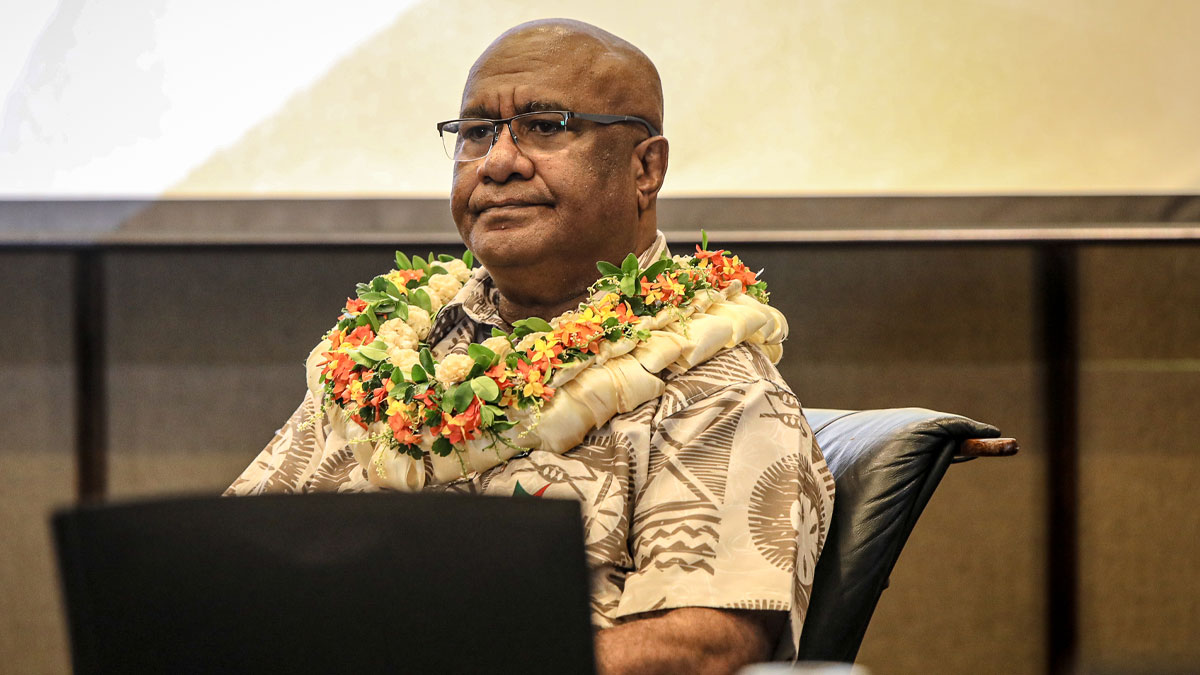
Tobacco remains a pressing public concern in Fiji with 16.6 percent of our population reported to smoke daily.
These were the words of Deputy Prime Minister and Minister for Trade, Manoa Kamikamica at the Consumer Council of Fiji organised report launch of Smoke Signal: Understanding the Drivers of Suki Consumption in Fiji.
Kamikamica says as they try to rebuild our economy, the government is looking at what is causing ills in our country and then tax it appropriately. He says one might remember the coalition government bringing in a sugar tax last year and that is a message to all of us that we have a massive NCD issue in our country, and so taxation needs to respond to those kind of challenges to ensure that everybody is doing their fair share in terms of addressing some challenges that are man-made.
The Deputy Prime Minister says suki is one of the topics he has been focusing on and he congratulates the Consumer Council for coming up with this report, which he is sure will be very instructive as the government tries to develop a policy in this area.
He says despite their efforts in ratifying the World Health Organisation Framework Convention on Tobacco Control and enacting the Tobacco Control Act in 2010, the battle against tobacco use continues.
Kamikamica says the focus today is particularly on suki, a traditional form of tobacco prevalent across the rural and urban communities in Fiji.
He says the regulatory ambiguity surrounding suki poses a distinct challenge, and while the Tobacco Control Act addresses many aspects of tobacco control it lacks specific regulations for suki creating loopholes that hinder public health efforts.
The Deputy Prime Minister says as the Minister of Trade he recognizes the delicate balance between promoting economic growth and protecting public health.
He says the tobacco trade including suki supports livelihoods but the long-term health costs significantly outweigh these economic gains.
Kamikamica says the report highlights that 83 percent of respondents find suki accessible and 89 percent find it affordable.
He says this widespread availability supports livelihoods but also perpetuates tobacco addiction and the related health risks.
The Deputy Prime Minister says although some of the respondents are aware of the health risks posed by suki, there remains a misconception that suki is safer than cigarettes.
He says public health campaigns must address these myths directly providing clear evidence based information about the risks of all forms of tobacco use including suki.
Click here for more Budget 2024-2025 stories
Stay tuned for the latest news on our radio stations
